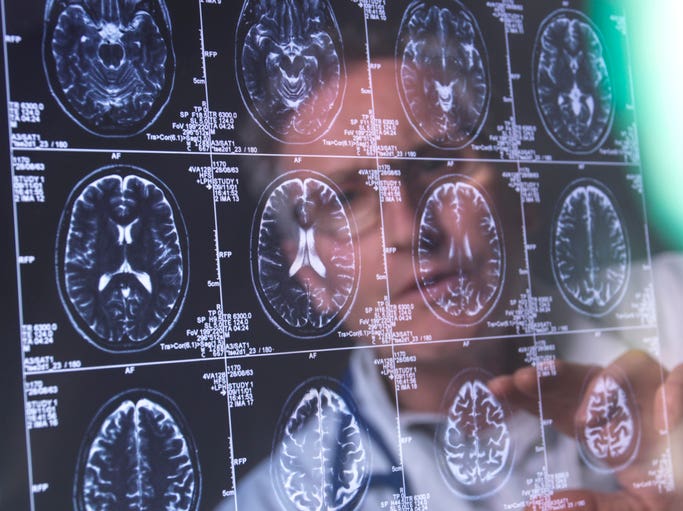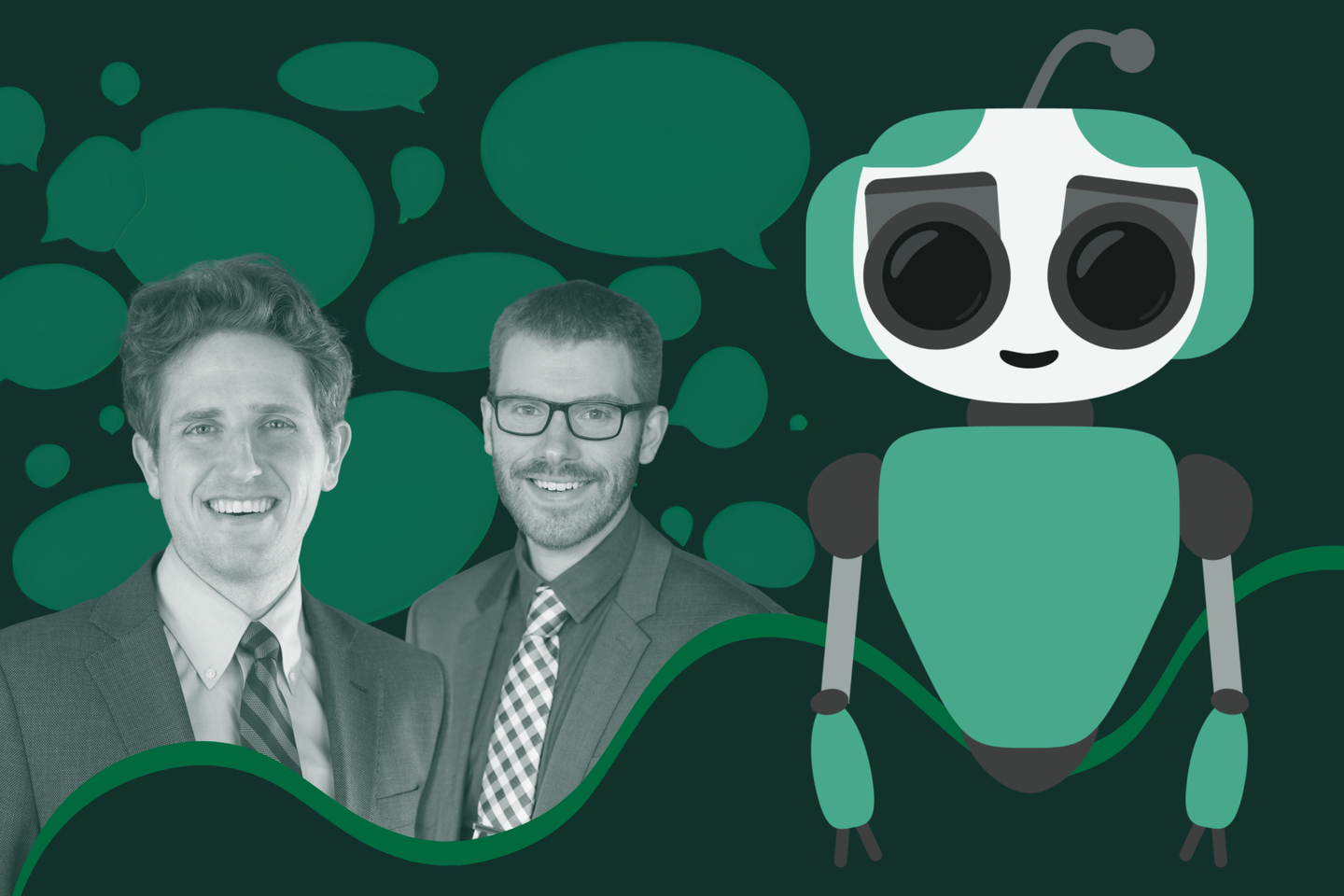Mental fatigue leads to loss of self-control and poor decision-making
New research reveals how mental fatigue triggers sleep-like brain activity, impairing decision-making and increasing impulsive behavior.

Mental fatigue alters decision-making through sleep-like brain activity, (CREDIT: CC BY-SA 4.0)
Social interactions often demand a delicate balance of self-control and rational decision-making. However, new research suggests that mental fatigue—whether from prolonged cognitive tasks or sleep deprivation—can disrupt this balance, leading to impulsive and sometimes aggressive behavior.
A study published in PNAS by a multidisciplinary team from the IMT School for Advanced Studies Lucca and the University of Florence investigates how short-term cognitive exhaustion manifests in brain activity and impacts socially relevant decisions.
Cognitive Fatigue and the Struggle for Self-Control
The concept of “ego depletion” has long intrigued psychologists and behavioral economists. This theory posits that self-control is a finite resource, one that diminishes with use. Tasks requiring high levels of focus, emotional regulation, or decision-making deplete your cognitive reserves, leaving you more prone to impulsive actions.
Behavioral experiments often test ego depletion using tasks like the Stroop test or emotion suppression exercises. Participants engage in cognitively demanding tasks and then complete subsequent exercises requiring self-control. The result? A reduced ability to act altruistically, increased selfishness, and a greater likelihood of aggression.
Despite its intuitive appeal, the ego depletion hypothesis has faced criticism. Some studies have struggled to replicate its effects consistently, leading to questions about its validity. Yet, as Pietro Pietrini, director of the Molecular Mind Lab at IMT, notes, the effect might lie on a spectrum, influenced by the intensity and duration of cognitive tasks.
Bridging Economics and Neuroscience
In a groundbreaking effort to resolve these inconsistencies, the study combines behavioral economics with neuroscience. The researchers hypothesized that ego depletion has a physiological basis: mental fatigue triggers sleep-like brain activity, even while you're awake. This "local sleep" involves slow delta waves in the frontal cortex, a region critical for executive functions like decision-making and impulse control.
Related Stories
“Our starting hypothesis was that local sleep would be the neuronal manifestation of the ego depletion phenomenon,” says Erica Ordali, lead author of the study.
To test this, researchers designed a more rigorous experimental setup. Unlike previous studies that relied on short, 15-minute tasks, this study subjected participants to an hour-long cognitive fatigue task. The goal was to induce a more pronounced state of mental exhaustion, providing a clearer test of the ego depletion effect.
Economic Games Reveal Behavioral Shifts
Following the fatigue task, participants engaged in a series of economic games designed to measure social behavior. One key game was the "hawk and dove" game, which simulates resource competition in hostile environments. Players must choose between cooperation (dove) or aggression (hawk), with mutual aggression often leading to resource loss for both parties.
The results were striking. Participants who underwent the fatigue task were significantly less cooperative, with peaceful cooperation rates dropping from 86% in the non-fatigued group to just 41% among the fatigued participants. This dramatic shift highlights how cognitive exhaustion can impair social decision-making.
But the behavioral data was just the beginning. To gain deeper insights, all participants wore electroencephalogram (EEG) caps during the games. In the fatigued group, researchers observed a clear emergence of sleep-like delta waves in the frontal cortex. These waves, typically associated with deep sleep, were absent in the non-fatigued group.
“These findings show that mental fatigue has a measurable effect on behavior,” Ordali explains. “When fatigue sets in, individuals are more likely to act aggressively.”
The Role of Local Sleep in Decision-Making
The study provides a compelling neural explanation for the behavioral changes observed. Local sleep, characterized by delta wave activity in specific brain regions, appears to be the brain's response to prolonged cognitive effort. These waves signal that the affected areas, such as the frontal cortex, are effectively “offline,” impairing their ability to regulate behavior.
Interestingly, this phenomenon is not limited to extreme conditions like sleep deprivation. The study shows that even moderate cognitive strain can trigger local sleep, underscoring how sensitive the brain is to fatigue.
“In animal models, we’ve seen similar slow-wave activity during periods of intense mental effort,” Pietrini notes. “Our study extends this understanding to humans, showing how task-induced neural fatigue impacts social interactions.”
Broader Implications
The implications of these findings extend beyond the laboratory. Everyday decisions—whether negotiating contracts, resolving conflicts, or even navigating personal relationships—are often made under conditions of mental strain. Fatigue may lead you to make choices that contradict your long-term interests, sometimes with serious consequences.
“These results provide scientific backing for the age-old advice to ‘sleep on it’ before making important decisions,” says Pietrini. “They demonstrate how mental exhaustion affects our decision-making processes at a fundamental level.”
The study also sheds light on the potential link between fatigue and criminal behavior. Impulsive, antisocial acts often occur under conditions of mental strain, suggesting that fatigue-induced local sleep might play a role.
“This could explain why many crimes happen when individuals are mentally drained,” Pietrini adds.
Moving Beyond Ego Depletion
While the ego depletion theory has been controversial, this study suggests a more nuanced understanding. Rather than relying solely on psychological models, incorporating neuroscientific data provides a clearer picture of how cognitive fatigue affects behavior. The team’s findings indicate that ego depletion might not be a simple depletion of willpower but a manifestation of neural fatigue, as reflected in sleep-like brain activity.
The study’s robust methodology—extending task durations and using EEG monitoring—could pave the way for more reliable investigations into cognitive fatigue. Future research might explore interventions to mitigate these effects, such as short rest periods or techniques to boost cognitive resilience.
This study marks a significant step forward in understanding the complex interplay between mental fatigue, brain activity, and behavior. By highlighting the role of local sleep, it opens new avenues for research and practical applications. Whether in economics, law, or daily life, recognizing the impact of cognitive exhaustion could help individuals and institutions make better decisions.
Note: Materials provided above by The Brighter Side of News. Content may be edited for style and length.
Like these kind of feel good stories? Get The Brighter Side of News' newsletter.
Joshua Shavit
Science & Technology Writer | AI and Robotics Reporter
Joshua Shavit is a Los Angeles-based science and technology writer with a passion for exploring the breakthroughs shaping the future. As a contributor to The Brighter Side of News, he focuses on positive and transformative advancements in AI, technology, physics, engineering, robotics and space science. Joshua is currently working towards a Bachelor of Science in Business Administration at the University of California, Berkeley. He combines his academic background with a talent for storytelling, making complex scientific discoveries engaging and accessible. His work highlights the innovators behind the ideas, bringing readers closer to the people driving progress.



